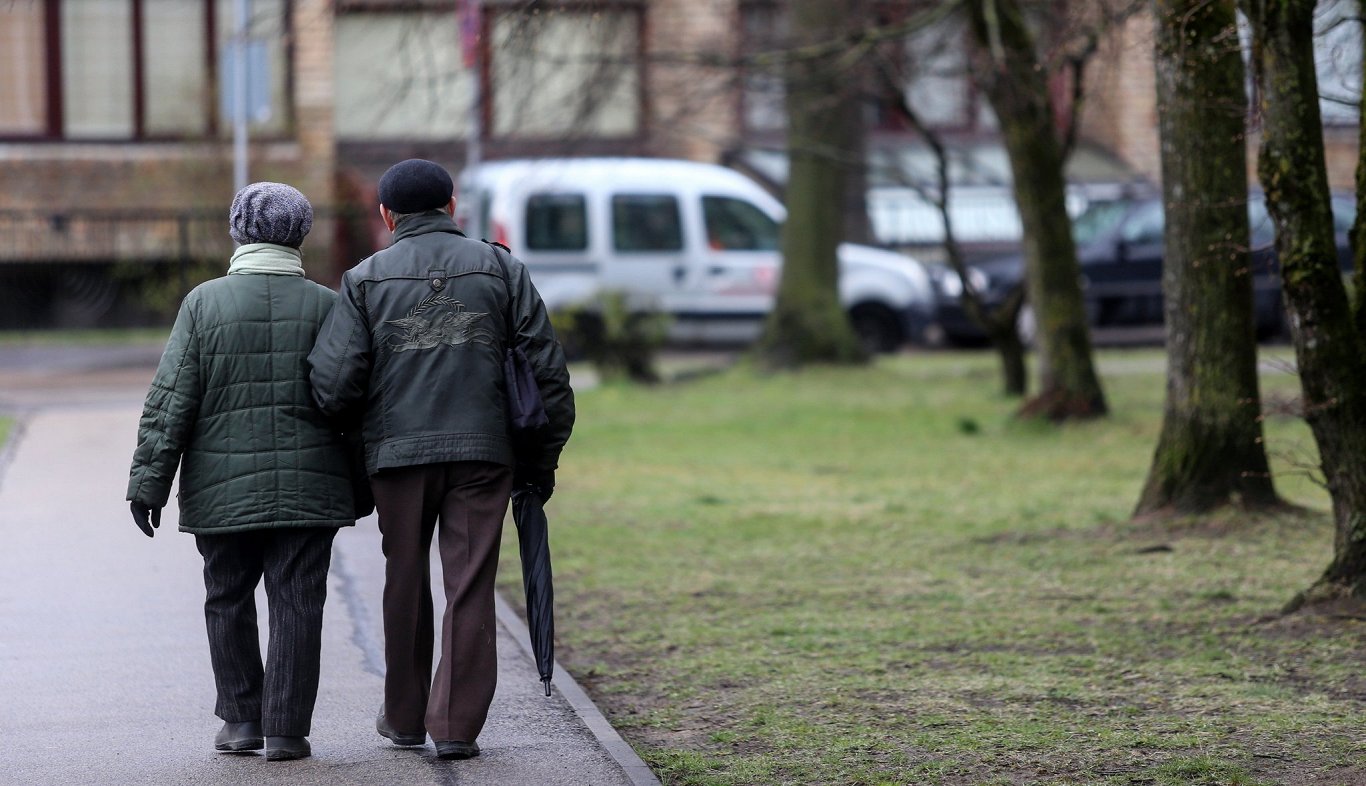This trend is observed elsewhere in Europe: the population is ageing as the life expectancy is increasing. In 2050, 35% of Europe's population is estimated to be over 60 years old. Demographic change also demands the transformation of the economy, which must become more open to older people. What is Latvia doing in regard to the so-called silver economy and what changes in the labour market are expected in the coming years with regard to the proportion of seniors in it?
“The silver economy is a new concept that has entered Latvia and the Baltic region, although it has been discussed for a long time, and for the first time it was used when the economic activities of seniors were studied at Oxford University,” said the Professor of the BA School of Business and Finance, Tatjana Volkova.
“What does that mean? The European Commission defines the silver economy as part of the economy, consisting of products, goods and services consumed by seniors. Although it should be said that there is no common understanding and definition of a senior. Some think that seniors are 65 +, but since we are in the European Union and we follow the EC definition, then seniors are over 55,” Volkova said.
Latvia ranks tenth in the world in terms of the proportion of seniors.
“And this only shows that companies should switch to offering such solutions, bearing in mind the changing needs of older people, and it is an opportunity for economic growth and, of course, for older people to have a higher quality of life,” said the professor.
This concerns both the creation of goods and services in a wide range of needs for seniors, such as health, food, recreation, well-being, finance, transport, education, communication technologies and the labor market, developing lifelong learning and stimulating the integration of older people into business.
The Riga Technical University (RTU), in cooperation with partners from Denmark, Finland, Estonia, Lithuania and Russia, carried out an international project to study the silver economy and draw lessons from other countries. The aim is to promote the growth of the silver economy in the Baltic Sea region. The head of the RTU Silver Economy Project, associate professor Ilmārs Blumbergs, continued on what the strengths of Latvia are in the silver economy and what needs to be implemented.
"Latvian seniors are less active than Scandinavian seniors, especially in business, but this also has a logical explanation. It's not because they are more lazy, but because they've got a lot less capital, of course. They have also lived most of their lives in the Soviet system, where business skills were not developed. We are well-developed and even better off than in many other countries in social entrepreneurship, but especially for senior-targeted products and services, we are, unfortunately, lagging behind from Scandinavia and other countries,” said Blumbergs.
Dace Zīle, head of the Ministry of Economy's Analytics Service, said that the average age of the population is increasing in Latvia, as in many parts of the world. The average age of Latvian population has grown by 4.4 in the last ten years, reaching 42.7 in 2020.
Currently, 63% of Latvia's population is aged between 15 and 64. In 2040 this figure will be 60%, while in 2060 only half of Latvia's population will be working-age.



























